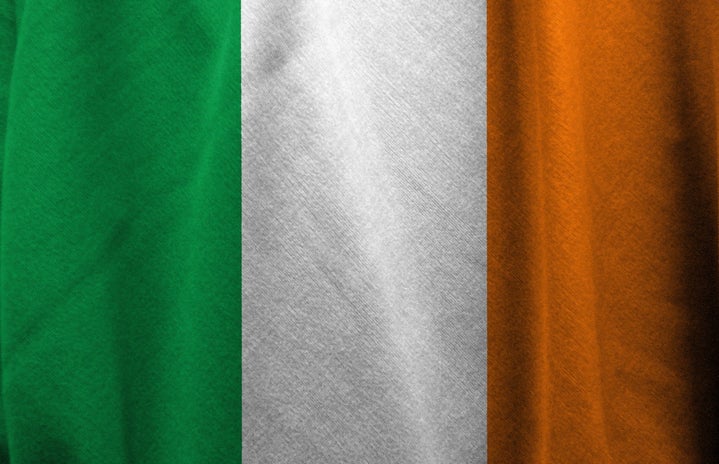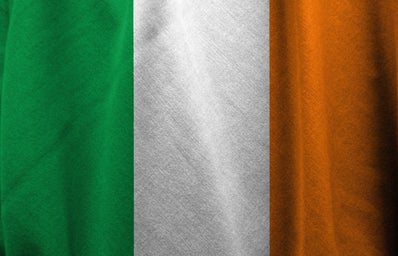I’m an Irish citizen, but I knew little about my culture.
One of my fathers emigrated at a very young age, but I rarely saw him as I aged. We lived in different areas of Canada, and he was no longer with my mother. As a result, my knowledge of my culture was minimal: potatoes, alcohol and the Irish Republican Army. For awhile, this was acceptable to me, but over time, I struggled with a lack of identity.
I tried to catch up on my own time, researching the history of Ireland. I spent plenty of afternoons looking up Ireland’s pagan roots, and learning about what it meant to be Celtic. But it didn’t really help: I still couldn’t relate. Its paganism is very minor, as Catholicism reigns dominant. I am not Catholic, so I couldn’t fit myself in there.
But what about speech? I can’t speak any Gaelic, and I understand one Irish slang term: craic (“tea,” gossip, etc.). No matter how much I tried to understand the language, I consistently struggled.
What, then, of holidays? The most “Irish” holiday in Canada is easily St. Patrick’s day, but it’s celebrated more seriously and with feasts in Ireland. Regardless of how much I begged my mother, she wasn’t willing to cook these beautiful and elaborate meals, and so I was left, once again, without a concrete identity.

Eventually, I grew tired of chasing what it meant to be Irish. I gave up completely. No more studying, no more history, nothing at all. I accepted that I was never going to understand my heritage and left it at that.
And yet, my curiosity persisted. By then, I was in university and was independent. I brought back my search and remembered the many years I struggled. It sounds like a cliché, but the answer was always inside of me.
I’ve always been Irish in my own unique way. My name is Irish, like three of my younger half-siblings. I watch some Irish cinema and read some literature, and have a decent understanding of their (and my own!) history. I make my own feast every St. Patrick’s and my partner and I adore my Irish cuisine. My aunt even sent me a family recipe for Guinness beef stew and every time I visit the other side of my family, they get me to make a double batch.
I may not understand all of the subtleties, but then again, I’m not 100 percent Irish. I’m allowed to be a beautiful mix of Canadian and Irish, and I carry this duality with pride.
There are certainly some, both Canadian and Irish, who scoff at this, and that’s okay. Identities can be difficult, and I do the best I can with my circumstances. Multiple people have tried to discount myself by saying everyone who claims to have Irish heritage only has it from their great-great grandparents, and refuse to accept my citizenship as valid. But, who cares? The government and, more importantly, I consider myself to be Irish.

I hope to one day expand my understanding and welcome more aspects into my life. I hope to meet more family members and learn more about that part of me. I’m Irish, and I’m also Canadian. I’m a dual citizen, with dual cultures, and I love it.



